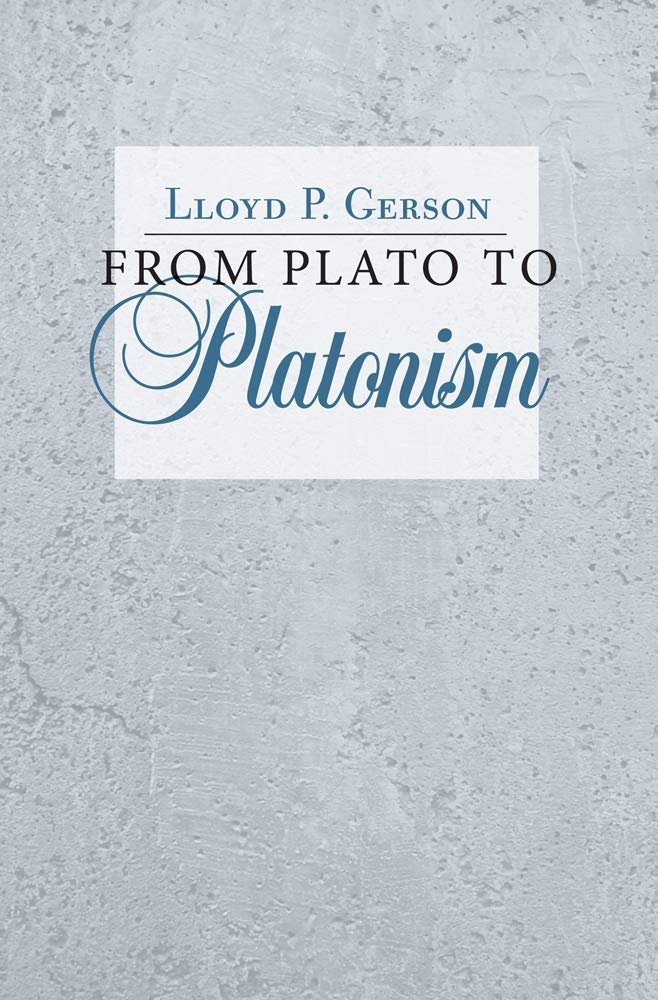معلومات عنا
حقوق الطبع والنشر © 2024 Desertcart Holdings Limited


Full description not available
S**N
Wide in Scope
I'm about two-thirds of the way through this, and thoroughly enjoying it. It ties in a lot of the loose strings of thought that have come down to us, and knowing the history of the tradition gives a rich insight into the philosophy itself.
D**N
Demonstrates the unity of the Platonic school
Collingwood once pointed out that no-one writes a book unless they think that they can do better than their predecessors; hence, to understand a philosopher fully one needs to ask what they are opposed to as well as to what they advocate. Gerson has adopted this approach and identified the essence of Platonism in the rejection of five positions: skepticism, ethical relativism, materialism, determinism, and nominalism. On this basis we can see why Aristotle was considered a Platonist, albeit a deviant one, in Antiquity, while no-one could take a Stoic or Epicurean as a Platonist. Like all Gerson's work, this is thoughtful and convincing.
ترست بايلوت
منذ 5 أيام
منذ يومين
منذ 3 أسابيع
منذ 3 أسابيع